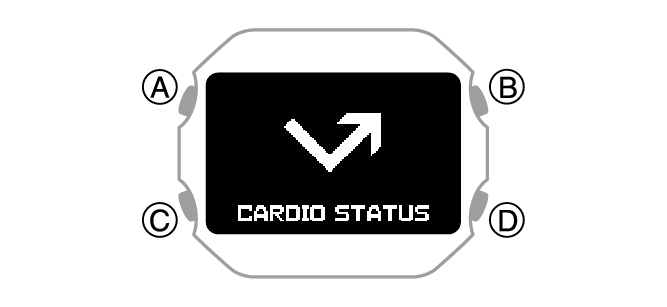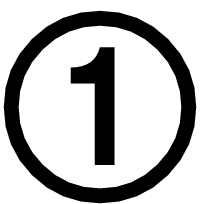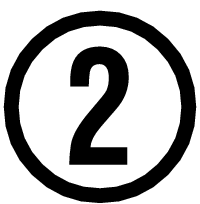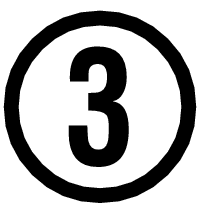Module No. 3516
Viewing Your Cardio Load Status
The cardio load status compares your load (STRAIN) with your endurance (TOLERANCE) to see how your training is affecting your body. You can control your total training volume in the short and long term by checking your cardio load status.
Cardio Load Status (Cardio Load Status)
Powered by Polar
-
Display the current time screen.
-
Use (C) to select [CARDIO STATUS].
-
Press (A).

This displays the cardio load status screen.
The message [NO DATA] appears if there is no data available.

 Cardio load status
Cardio load status
|
[DETRAINING] |
< 0.8 |
|
[MAINTAINING] |
0.8 to 1.0 |
|
[PRODUCTIVE] |
1.0 to 1.3 |
|
[OVERREACHING] |
> 1.3 |
The displayed value is calculated by dividing the strain by the tolerance.
 Strain
Strain
Shows the load of your most recent training.
This value shows the average daily load for the past seven days.
 Tolerance
Tolerance
Shows how ready you are to endure cardio-strength training.
This value shows the average daily load for the past 28 days.
-
Press (D) twice to return to the current time screen.
Note
At least three days of activity measurements within the past 28 days are required to display your cardio load status.
Your cardio load status is updated after you activate the heart rate measurement and perform an activity measurement, or every day at midnight (12:00 am).
